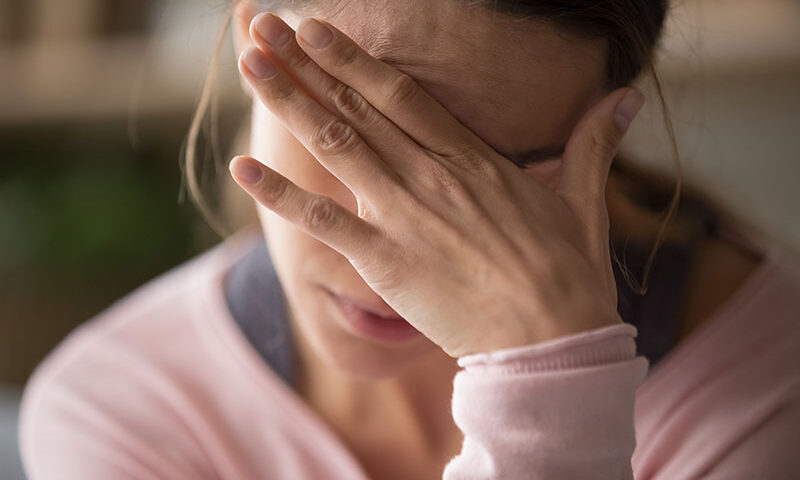Anxiety vs. Panic Attack: What’s the Difference?
Anxiety is never fun, but, at times, it can be a relatively necessary emotion. It signals that a person has a conscience and cares deeply about the situation at hand. Still, the escalation of anxiety can lead a person to struggle greatly in their day-to-day lives. There is also a decent amount of misinformation regarding the differences between anxiety vs. panic attacks. Banyan Treatment Centers Pompano Beach is comparing the two and offering ways to help those suffering learn to cope with these troubling symptoms.
The Differences Between a Panic Attack vs. Anxiety
While often confused for one another, there are fundamental differences that isolate panic attacks from anxiety. No matter which condition a person is struggling with, they are encouraged to seek out treatment if it interferes with their daily life.
Facts About Panic Attacks
A panic attack is a sudden and intense onslaught of fear. This fear can be overwhelming and may stop a person in their tracks. Distressing physical symptoms like shortness of breath, nausea, and a rapid heart rate are key aspects of this. These attacks may occur without an obvious cause, or they can be brought on by stressors like phobias. For instance, someone may have a panic attack at work seemingly out of the blue. Another may experience it after getting a serious reprimand from a higher-up.
No matter the case, this attack will come on suddenly and can leave a person out of commission if it is intense enough. In a way, it is that person’s fight or flight instinct kicking in, often in a scenario that in no way calls for such a reaction. This means that the physical symptoms a person deals with will likely be more intense than when someone experiences general anxiety.
Facts About Anxiety
While the Diagnostic and Statistical Manual of Mental Disorders, 5th edition (DSM-5) does recognize panic attacks, this is not the case for anxiety attacks.
Rather, it defines anxiety as a feature of many other psychiatric disorders, including:
- Social anxiety disorder
- Phobias
- Obsessive-compulsive disorder
- Generalized anxiety disorder
- Separation anxiety disorder
Many of the symptoms of anxiety are open to interpretation because of the lack of diagnostic recognition regarding associated attacks. By itself, anxiety is related to stressful events or scenarios. It can still be debilitating for the person experiencing it, can inhibit their ability to interact with others and the world around them, and can even keep them up at all hours of the night.
In addition, there is a spectrum of severity regarding anxiety, with some people experiencing mild or moderate anxiety while others have more severe symptoms. The physical symptoms are not as intense as with panic attacks, and an anxiety attack will occur gradually as opposed to suddenly.
The Importance of Treatment
Regardless of the differences in anxiety vs. panic attacks, if the symptoms are impeding your ability to function, we suggest you seek out care at our Pompano Beach treatment center. If left alone, either of these conditions can escalate into something worse, like a co-occurring addiction. This often occurs when people who are looking for an escape from their symptoms take an intoxicating substance to self-medicate.
Luckily, Banyan offers both addiction and mental health treatment in Pompano that can help those struggling find the healing that they are looking for. We provide an avenue for recovery. Healing could be just a phone call away.
To learn about the other Broward County mental health services that we offer, call us at 888-280-4763 and speak with an intake specialist today.
Related Reading









